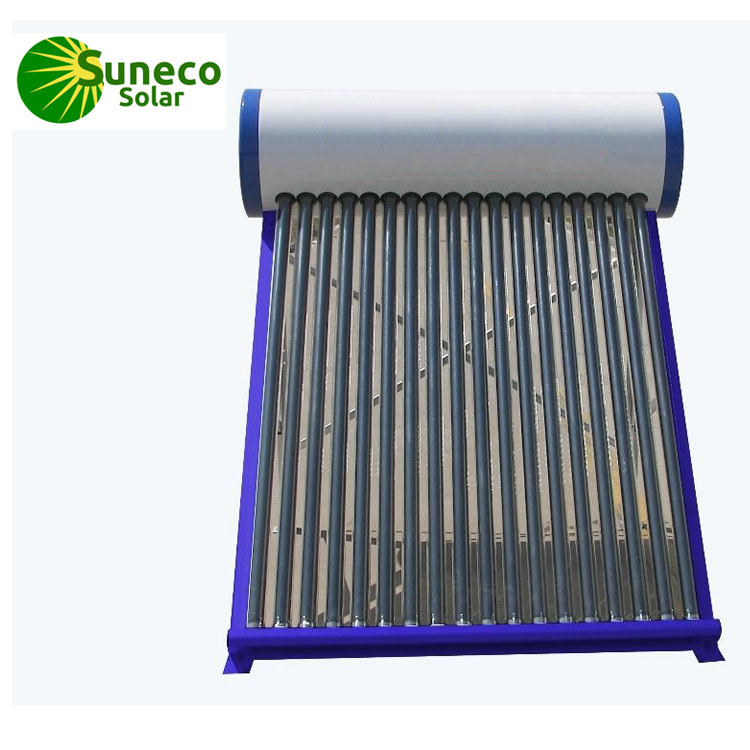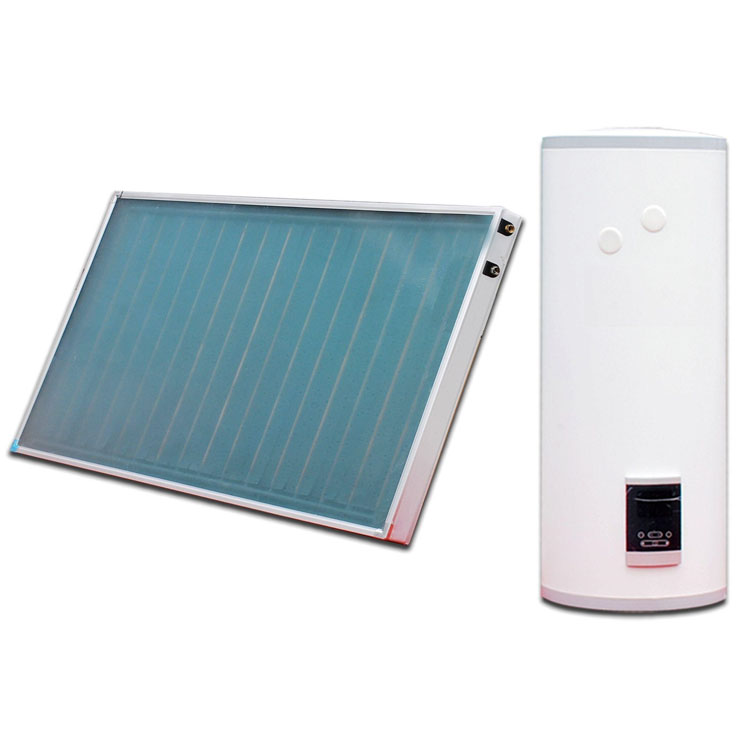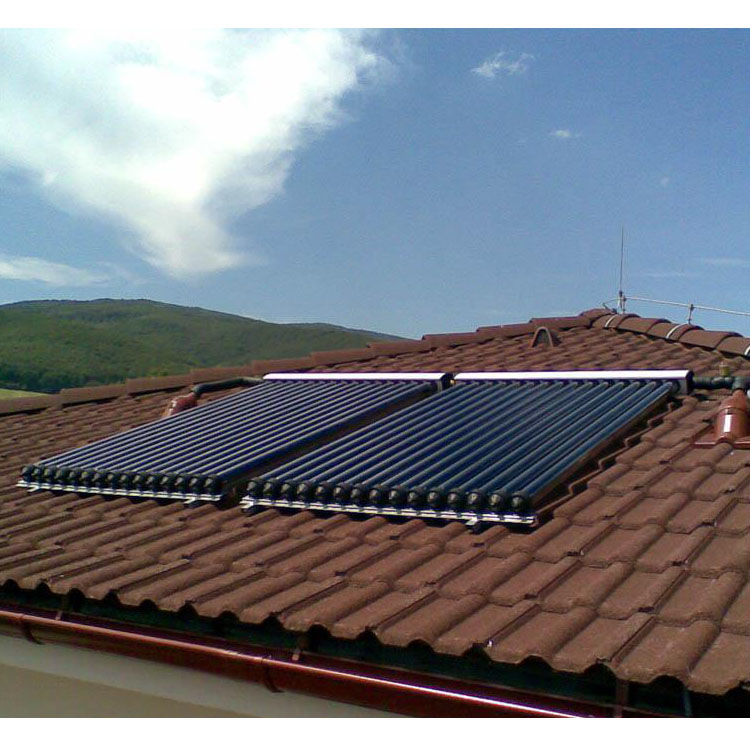Solar water heaters (SWH) have gained significant traction in Lebanon as an eco-friendly and cost-effective solution for water heating.

With rising electricity costs and frequent power shortages, Lebanese households and businesses are increasingly turning to solar energy to meet their daily hot water needs.
This article explores the adoption, suppliers, manufacturers, pricing, and benefits of solar water heaters in Lebanon.
Contents
Overview of Solar Water Heaters
Solar water heaters use solar thermal energy to heat water, reducing reliance on electricity and fossil fuels.
The main components include solar collectors, storage tanks, and circulation systems.
These systems are classified into two main types:
- Active Solar Water Heaters: Utilize pumps to circulate water or heat-transfer fluids.
- Passive Solar Water Heaters: Operate without mechanical pumps, relying on natural convection.
Growth of Solar Water Heaters in Lebanon
Lebanon’s solar water heater market has experienced significant growth due to several factors:
- Frequent Power Outages: With an unreliable national electricity supply, solar water heaters provide a stable alternative.
- Government Incentives: The Lebanese Center for Energy Conservation (LCEC) has promoted solar water heating through subsidies and financing options.
- Cost Savings: Households and businesses can reduce electricity bills by switching to solar water heating.
- Environmental Awareness: Increased awareness of renewable energy benefits has encouraged adoption.
Key Suppliers and Manufacturers in Lebanon
Lebanon has several local and international suppliers offering a variety of solar water heating solutions.

Some of the common types available in the Lebanese market include:
- Flat Plate Collector Systems: Durable and suitable for moderate climates.
- Evacuated Tube Collector Systems: High-efficiency models that perform well even in colder conditions.
- Integrated Compact Systems: Space-saving and ideal for residential use.
- Split Solar Water Heater Systems: More suitable for large-scale commercial and industrial applications.
Market Demand and Trends
The demand for solar water heaters in Lebanon continues to grow due to the increasing cost of electricity and a push towards renewable energy.
Key trends include:
- Expansion of Residential Installations: More homeowners are installing solar water heaters to cut costs.
- Rising Commercial Adoption: Hotels, hospitals, and industries are investing in large-scale solar heating systems.
- Hybrid Solutions: Some suppliers offer hybrid systems combining solar with electric or gas heating for continuous supply.
Price and Cost Factors
The cost of solar water heaters in Lebanon varies based on factors such as system type, capacity, brand, and installation complexity.
Here’s a general pricing estimate:
- Type of System:
- Compact thermosiphon systems: $500 – $1,500 per unit
- Evacuated tube collector systems: $1,000 – $3,000 per unit
- Split solar water heating systems: $2,000 – $5,000 per unit
- Capacity:
- 100L systems: $500 – $1,200
- 200L systems: $1,200 – $2,500
- 300L+ systems: $2,500 – $5,000
- Material and Build Quality:
- Stainless steel tanks are more expensive but offer better durability.
- High-efficiency evacuated tubes or flat-plate collectors add to the cost.
- Installation Costs:
- Installation charges vary based on system complexity and location.
- Hybrid solutions with backup heaters cost more.
Finding Reliable Suppliers
To source solar water heaters in Lebanon, buyers can explore:
- Local Distributors and Retailers – Many stores specialize in renewable energy products.
- Online Marketplaces – Various platforms list local and international solar water heater suppliers.
- Renewable Energy Exhibitions – Events and expos showcase the latest solar water heating technologies.
Conclusion
The adoption of solar water heaters in Lebanon continues to grow as residents and businesses seek sustainable and cost-effective energy solutions.
With a range of suppliers, pricing options, and government incentives, solar water heating presents an excellent opportunity for long-term savings and environmental benefits.

As renewable energy adoption expands, solar water heaters will play a crucial role in Lebanon’s transition to a more sustainable energy future.

 By Sofier
By Sofier


